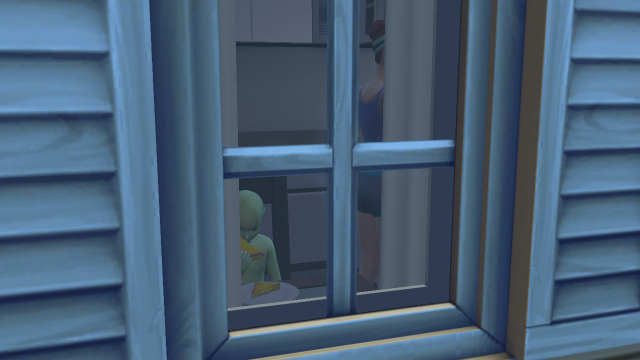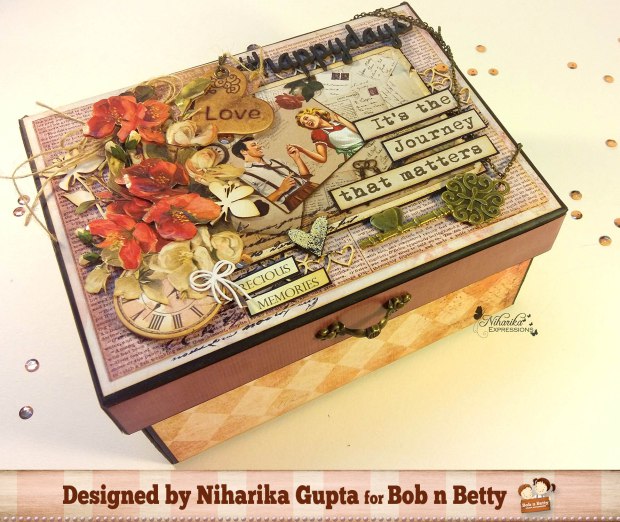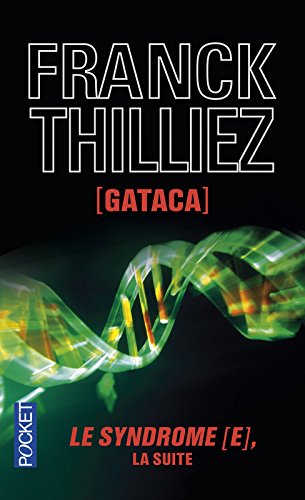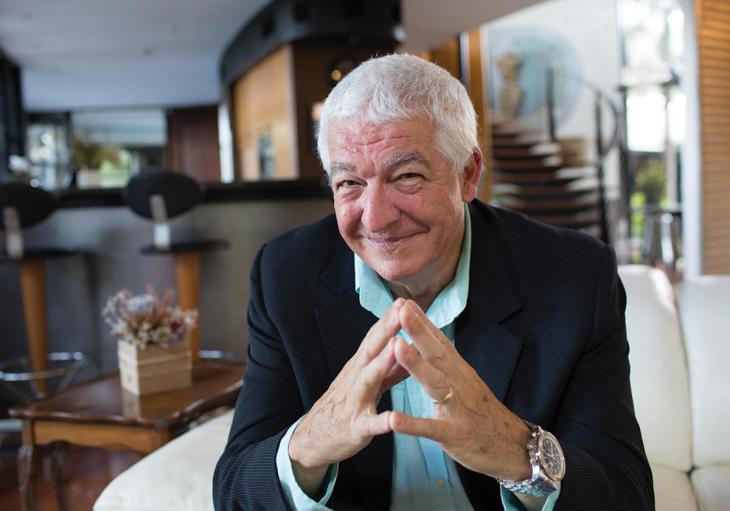(tl;dr: nice try, but nah.)
So this has been sitting around forever, and last week I finally got to it.
Eon: Dragoneye Reborn by Alison Goodman for sale at Barnes and Noble
Sixteen-year-old Eon has a dream, and a mission. For years, he’s been studying sword-work and magic, toward one end. He and his master hope that he will be chosen as a Dragoneye-an apprentice to one of the twelve energy dragons of good fortune.
But Eon has a dangerous secret. He is actually Eona, a sixteen-year-old girl who has been masquerading as a twelve-year-old boy. Females are forbidden to use Dragon Magic; if anyone discovers she has been hiding in plain sight, her death is assured.
When Eon’s secret threatens to come to light, she and her allies are plunged into grave danger and a deadly struggle for the Imperial throne. Eon must find the strength and inner power to battle those who want to take her magic…and her life.
I want to start with the good stuff. I like the author’s Lady Helen series, and here she tries to create a complex fantasy mythology for once not based in Western traditions. She even largely succeeds. The dragon magic, and the government that has built up in its presence, is actually really interesting. I’d rather read a history of this nation than a narrative of it.
But while the mythology itself is great, the culture? Mmmmm.
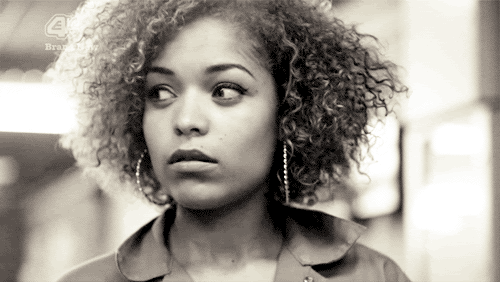
Again, I think the author meant well. She tried to edge around the idea that her world’s practices (“merciful” princes beating innocent people, women imprisoned in separate palace quarters, etc.) are problematic at best, while trying to also be sensitive to East Asian history. But what we’ve got happening here is a surface concept of culture; What Do Eastern Practices Look Like To A Westerner. It left a bad taste in my mouth.
In a similar vein, the way the author kept discussing the masculine traits of the transgender woman was, well, irritating. If you’re going to have a transgender character, good! Yay! Go for it! But there’s no need to constantly bring up her “male” angles or whatever. What we wind up with is the author unintentionally emphasizing to the reader that Lady Dela is a man in disguise, rather than a woman. Yes, the text explicitly states otherwise, but telling is not showing.
We’ve also got that Abusive-Master-Really-Helps-The-Protagonist-Grow-Strong trope, which I detest. With an extra layer of rape-y-ness. Actually, there’s a lot of rape-y-ness going on here, which I’m not surprised to see in a book with a gender issues theme, but… really? Always? Why is sexual assault always the go-to?
But then we get into the really nasty part: the ableism. If you’ve got something throwable nearby, I recommend moving out of arm’s reach.
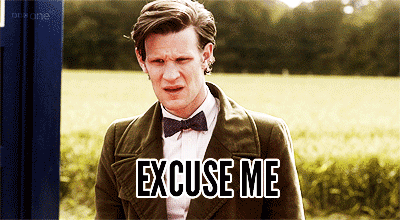
One of the big plot points is that Eon has a bad hip from an injury when she was a kid. This leaves her with a limp, a great deal of pain, and a ostracization from general society. (This harkens back to that What Do Eastern Practices Look Like To A Westerner thing.)
But the pain comes and goes as the plot demands.
Eon’s trouble moving comes and goes as the plot demands.
And then in the end (the entire plot is about Eon trying to commune with her dragon, and — spoiler alert! — she eventually succeeds), as a result of resolving the conflict, the injury… disappears.
It fucking disappears.
The disabled character’s reward is to be made whole.

No, guys. Just no.
But, full disclosure: in spite of all of this — and nothing I’m criticizing is stuff that came to me afterwards, it was all profoundly clear while reading — I have to admit that I breezed through all 576 pages in two days. I wanted to see how it turned out. I got invested. So I can’t judge other readers who did too.
Not picking up the sequel, though.
Advertisements Share this: